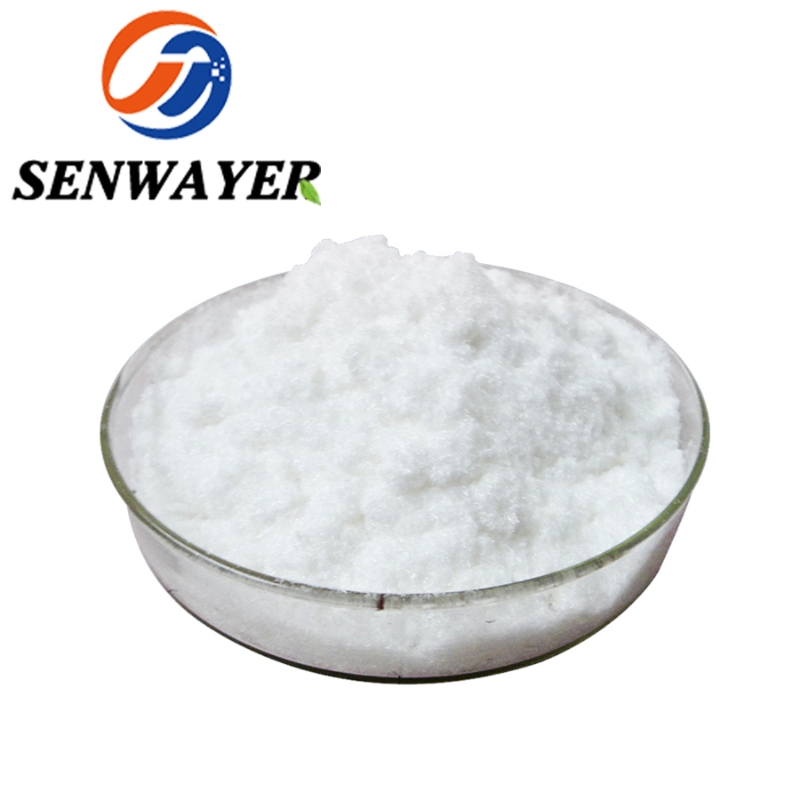-
Categories
-
Pharmaceutical Intermediates
-
Active Pharmaceutical Ingredients
-
Food Additives
- Industrial Coatings
- Agrochemicals
- Dyes and Pigments
- Surfactant
- Flavors and Fragrances
- Chemical Reagents
- Catalyst and Auxiliary
- Natural Products
- Inorganic Chemistry
-
Organic Chemistry
-
Biochemical Engineering
- Analytical Chemistry
-
Cosmetic Ingredient
- Water Treatment Chemical
-
Pharmaceutical Intermediates
Promotion
ECHEMI Mall
Wholesale
Weekly Price
Exhibition
News
-
Trade Service
Ranibizumab is a monoclonal antibody that is used to treat a variety of eye conditions, including age-related macular degeneration and diabetic eye disease.
In recent years, researchers have also explored the potential of ranibizumab for use in the chemical industry, where it has shown promising results in a number of applications.
One of the most significant applications of ranibizumab in the chemical industry is in the purification of chemicals and biopharmaceuticals.
This process involves the use of affinity chromatography, which relies on the specific binding of a molecule to a solid support material.
In this application, ranibizumab is used as a ligand to bind to the target molecule, allowing for the efficient separation and purification of the desired product.
This method has been shown to significantly improve the yield and purity of the final product, making it a valuable tool in the chemical industry.
Another promising application of ranibizumab in the chemical industry is in the development of nanoparticles for drug delivery.
In this process, the monoclonal antibody is used as a linker to bind together the various components of the nanoparticle, including the drug payload, a targeting moiety, and a delivery vehicle.
The resulting nanoparticles have been shown to have improved bioavailability and targeting ability, making them a promising tool for the delivery of drugs to specific sites in the body.
In addition to its use in the purification of chemicals and biopharmaceuticals and the development of nanoparticles, ranibizumab is also being explored as a potential tool for the detection and diagnosis of diseases.
For example, researchers have demonstrated the use of ranibizumab as a probe for the detection of cancerous cells in a variety of tumor types.
This method relies on the ability of the monoclonal antibody to bind specifically to certain cancer-associated antigens, allowing for the efficient isolation and identification of the cancer cells.
This has the potential to significantly improve the accuracy and speed of diagnosis, making it a valuable tool in the early detection and treatment of cancer.
Another potential application of ranibizumab in the chemical industry is in the area of biocatalysis.
In this process, the monoclonal antibody is used as a catalyst to accelerate the reaction between two molecules.
This method has been shown to be effective in a variety of chemical reactions, including the hydrolysis of esters and amides, and the oxidation of alkanes.
This has the potential to significantly reduce the time and cost of chemical synthesis, making it a valuable tool in the chemical industry.
In conclusion, ranibizumab is a promising tool in the chemical industry, with a number of potential applications in purification, nanoparticle development, detection and diagnosis, and biocatalysis.
Its specific binding properties and ability to bind to a variety of molecules make it a valuable tool in these applications, and its use is expected to increase in the coming years as research continues to advance.







